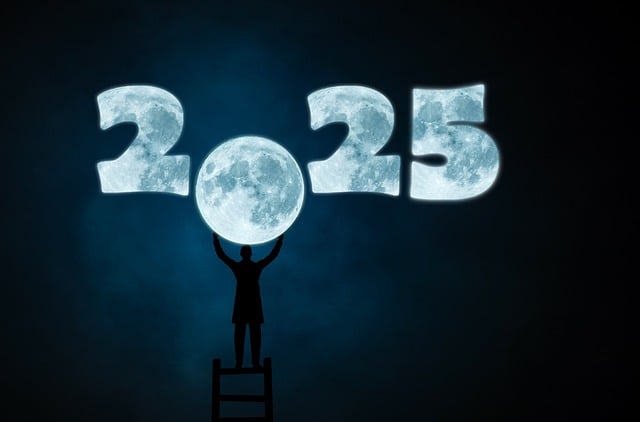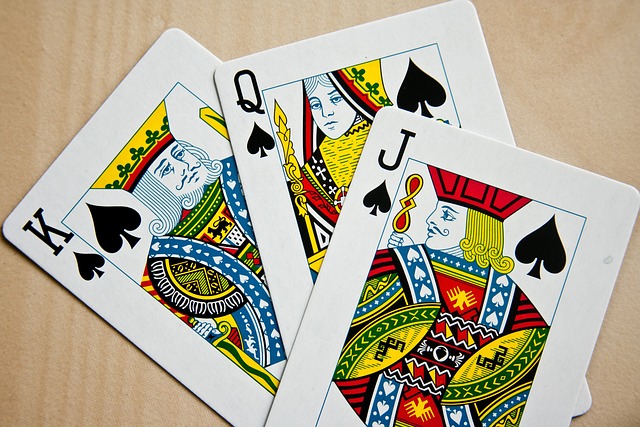
We recently received this email from a listener of Wacky Wednesday radio show: “I am a baker who makes customized cakes and designs, I have a customer requesting for me to make ‘zodiac themed’ desserts. Is this an order I should decline? Is it a sin for me to decorate cookies in a practice that I don't participate in for a paying customer?”
Read the rest

JL asks: “
I know someone who is really into Runes and uses them to predict the future. What are they and can Catholics use them just for fun?”
Read the rest

DC writes: “
My husband sees the number 417 everywhere, has for many years. Someone emailed him this sacredscribesangelnumbers.blogspot.com. Does this fall under numerology or Angel initiatives, or ???”
Read the rest

JL asks:
“I was given a very pretty crystal ball as a gift. I don't want to use it and don't know how to use it and have no intentions of learning how to use it. Its just a pretty object. Any harm in keeping it as an art object?"
Read the rest

Traditional Chinese Medicine relies on all kinds of "natural" elements to heal, protect and divine, even the moles on your body!
Read the rest

Psychics from around the world are making headlines with dramatic predictions for 2025 ranging from the end of Harry and Meghan’s marriage to mankind making the first official contact with extraterrestrials. Are these people really able to see into the future?
Read the rest

CC writes:
"I attended a workshop for early childhood ed and the presenter urged us all to change our curriculums to really emphasize a nature/environmental focus by bringing the outdoors inside and continue with lessons and experiences continuously taking the kids’ lead in areas of interest. She used words like POSITIVE ENERGY in the classroom and even showed how to arrange it using lights and shadows and organizing materials using specific colors in a color pattern; also bringing in a couch, stones and water fountains instead of tables and desks. I couldn’t stand being there because it felt like a new age atmosphere. We were silent for awhile. She asked us what we thought almost like she was hoping for a positive response. Do I have reason to be concerned or am I overreacting?"
Read the rest

MP asks: "
Okay, this may be nothing. A friend sent me an email that showed anagrams. I looked it up on the internet since I’ve never seen anything like them, maybe wordsmiths have. The page I found showed uses for anagrams. One of them was divination. Most of the other uses were informal encryption, wordplay, generating passwords, etc. Do you see any harm in using them for innocent games [like word jumbles]?"
Read the rest

Someone recently wrote to us asking if it's okay to use a regular deck of cards to tell futures. This person has friends who are described as being "very devoted Catholics" who attend Mass and pray the rosary every day. They have strong faith, but love to read cards and are surprisingly accurate. Is this wrong?
Read the rest

Believe it or not, a Japanese plastic surgeon has developed a procedure in which he can alter the lines in a person's palm, thus ensuring all those believers in palmistry that their fate really is in their hands (or so they'd like to believe).
Read the rest
 We recently received this email from a listener of Wacky Wednesday radio show: “I am a baker who makes customized cakes and designs, I have a customer requesting for me to make ‘zodiac themed’ desserts. Is this an order I should decline? Is it a sin for me to decorate cookies in a practice that I don't participate in for a paying customer?”
We recently received this email from a listener of Wacky Wednesday radio show: “I am a baker who makes customized cakes and designs, I have a customer requesting for me to make ‘zodiac themed’ desserts. Is this an order I should decline? Is it a sin for me to decorate cookies in a practice that I don't participate in for a paying customer?”
 We recently received this email from a listener of Wacky Wednesday radio show: “I am a baker who makes customized cakes and designs, I have a customer requesting for me to make ‘zodiac themed’ desserts. Is this an order I should decline? Is it a sin for me to decorate cookies in a practice that I don't participate in for a paying customer?”
We recently received this email from a listener of Wacky Wednesday radio show: “I am a baker who makes customized cakes and designs, I have a customer requesting for me to make ‘zodiac themed’ desserts. Is this an order I should decline? Is it a sin for me to decorate cookies in a practice that I don't participate in for a paying customer?”









